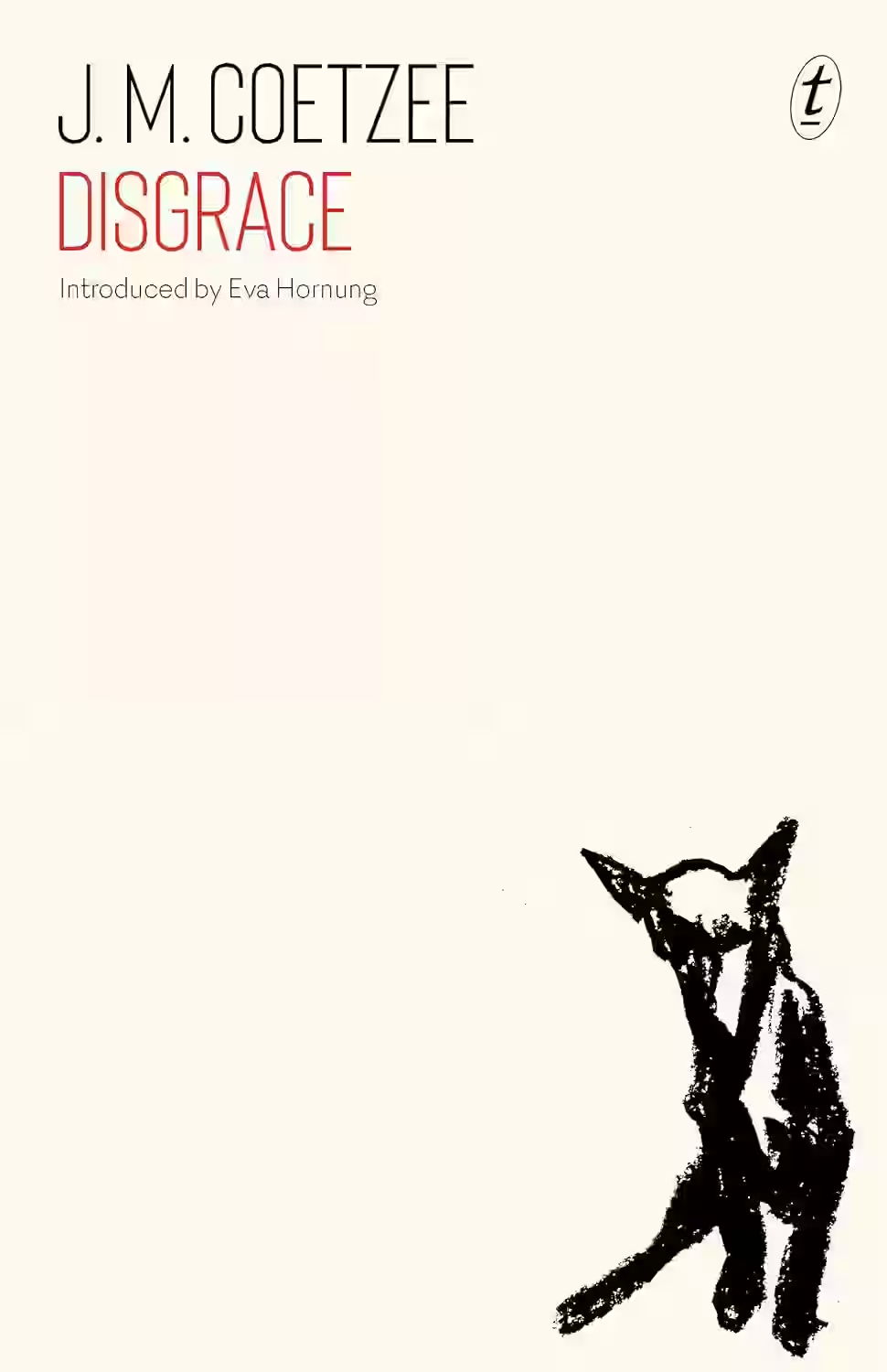
J. M. Coetzee's Booker Prize-winning novel Disgrace, set in post-apartheid South Africa, takes us into the disquieting mind of twice-divorced university teacher David Lurie as he loses his job and his honour after engaging in an ill-advised affair with a susceptible student. When he retreats to his daughter's farm, a brutal attack highlights their fractured relationship. Is it only through intense suffering and shame-his own as well as that of others-that David can begin to change, to understand his country and what it means to be human? In Disgrace, this Nobel-Prize winning writer examines ideas of evil, violence, dignity and redemption in a country dominated by the power dynamics of race.
About J.M. Coetzee
A South African novelist, essayist, and Nobel laureate, known for his sparse, precise prose and unflinching examination of power, colonialism, and morality. His novels, including Waiting for the Barbarians and Disgrace, often feature isolated protagonists grappling with ethical dilemmas in politically charged landscapes. Coetzee's work is characterized by its intellectual rigor, allegorical depth, and exploration of uncomfortable truths, making him a powerful and critical voice in contemporary literature.
Other Books by J.M. Coetzee
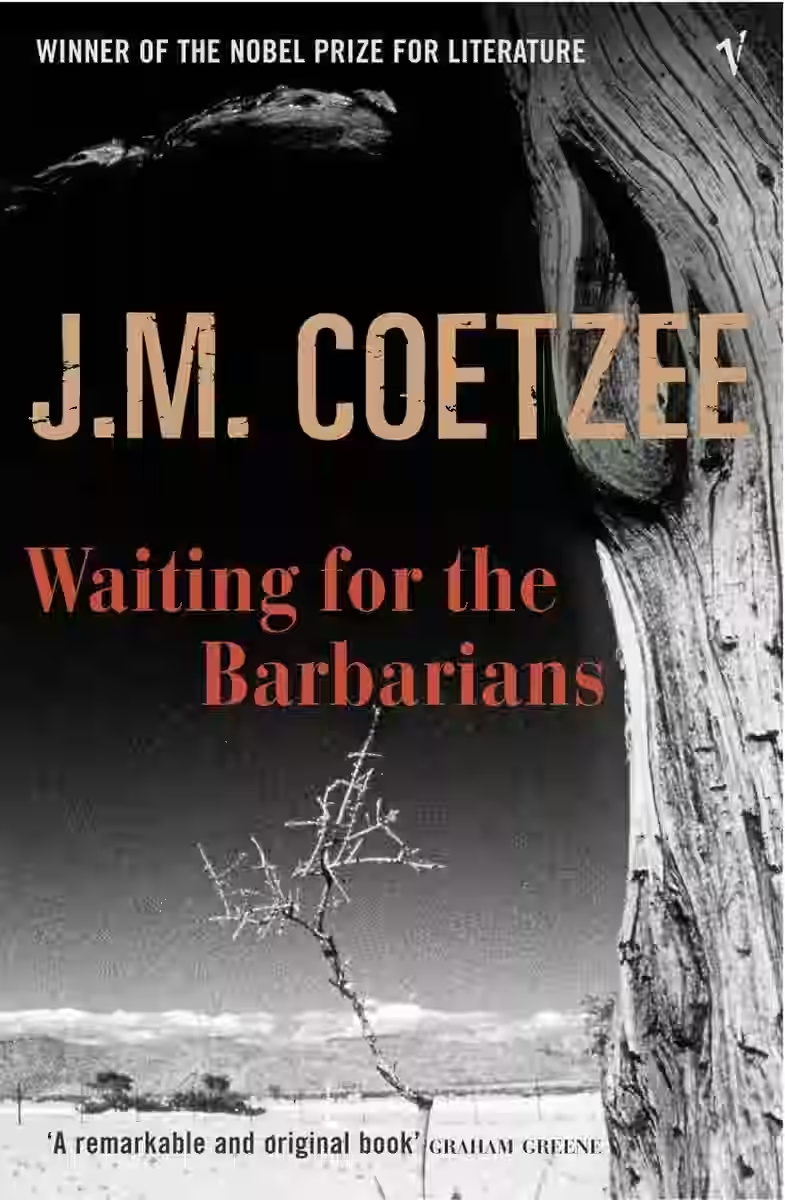
Waiting for the Barbarians
by J.M. Coetzee
In a nameless empire, a magistrate begins to question his complicity in the brutal treatment of “barbarians” as the regime prepares for war. As he empathizes with the so-called enemy, his loyalties shift, leading to personal ruin and moral awakening. Waiting for the Barbarians is a powerful allegory of colonialism, justice, and the psychological toll of dehumanization, written in Coetzee’s spare, haunting prose.
Similar Books
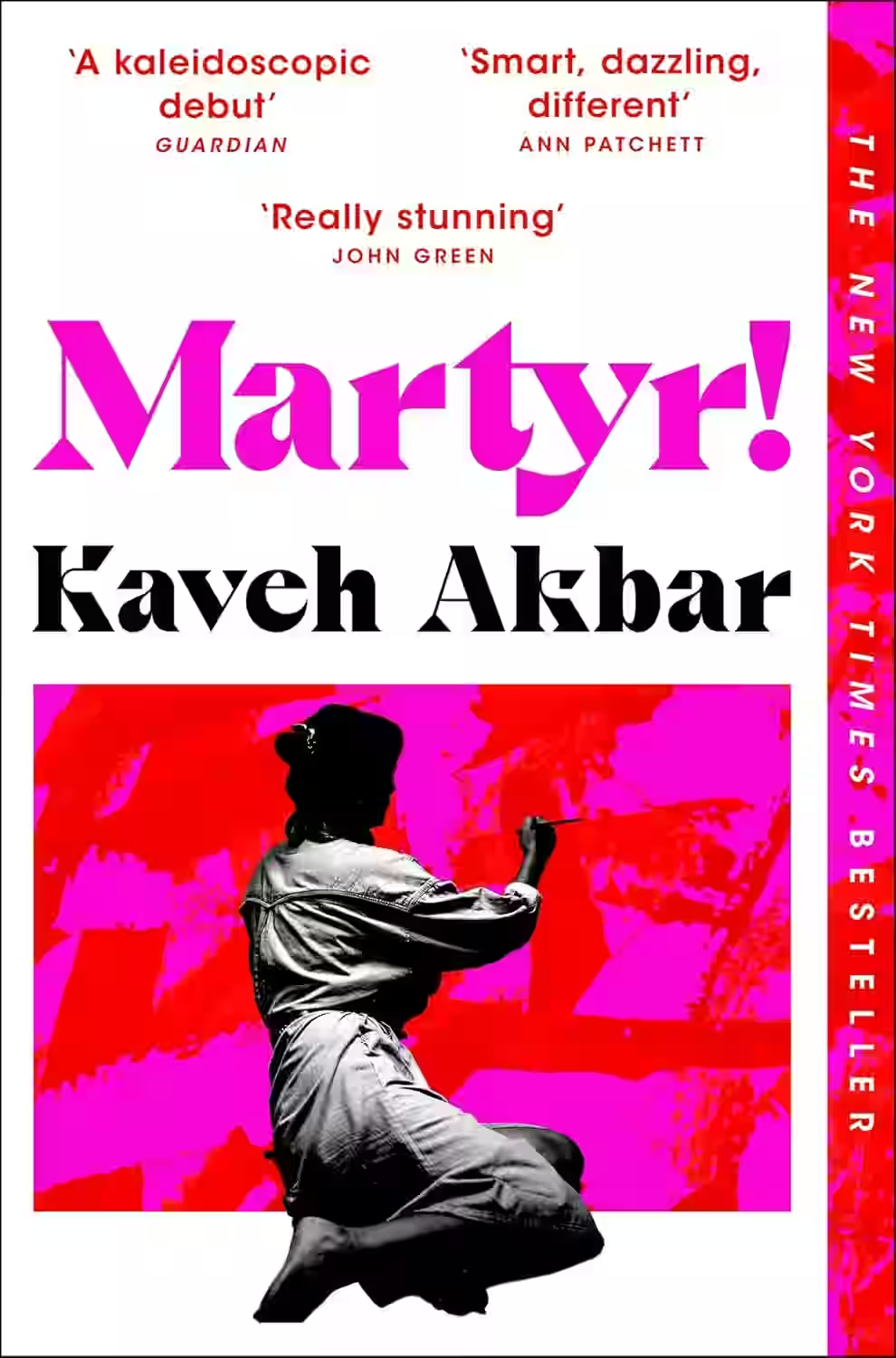
Martyr!
by Kaveh Akbar
Kaveh Akbar's debut novel, Martyr!, follows Cyrus Shams, a first-generation Iranian American poet grappling with the loss of his mother, who died in a tragic plane bombing. Haunted by grief and searching for meaning, Cyrus embarks on a journey that intertwines his personal struggles with broader themes of identity, legacy, and artistic expression. The narrative delves into the complexities of family, sacrifice, and self-discovery, highlighting the immigrant experience and the impact of loss. Akbar's prose offers a poignant reflection on the human condition and the quest for purpose.
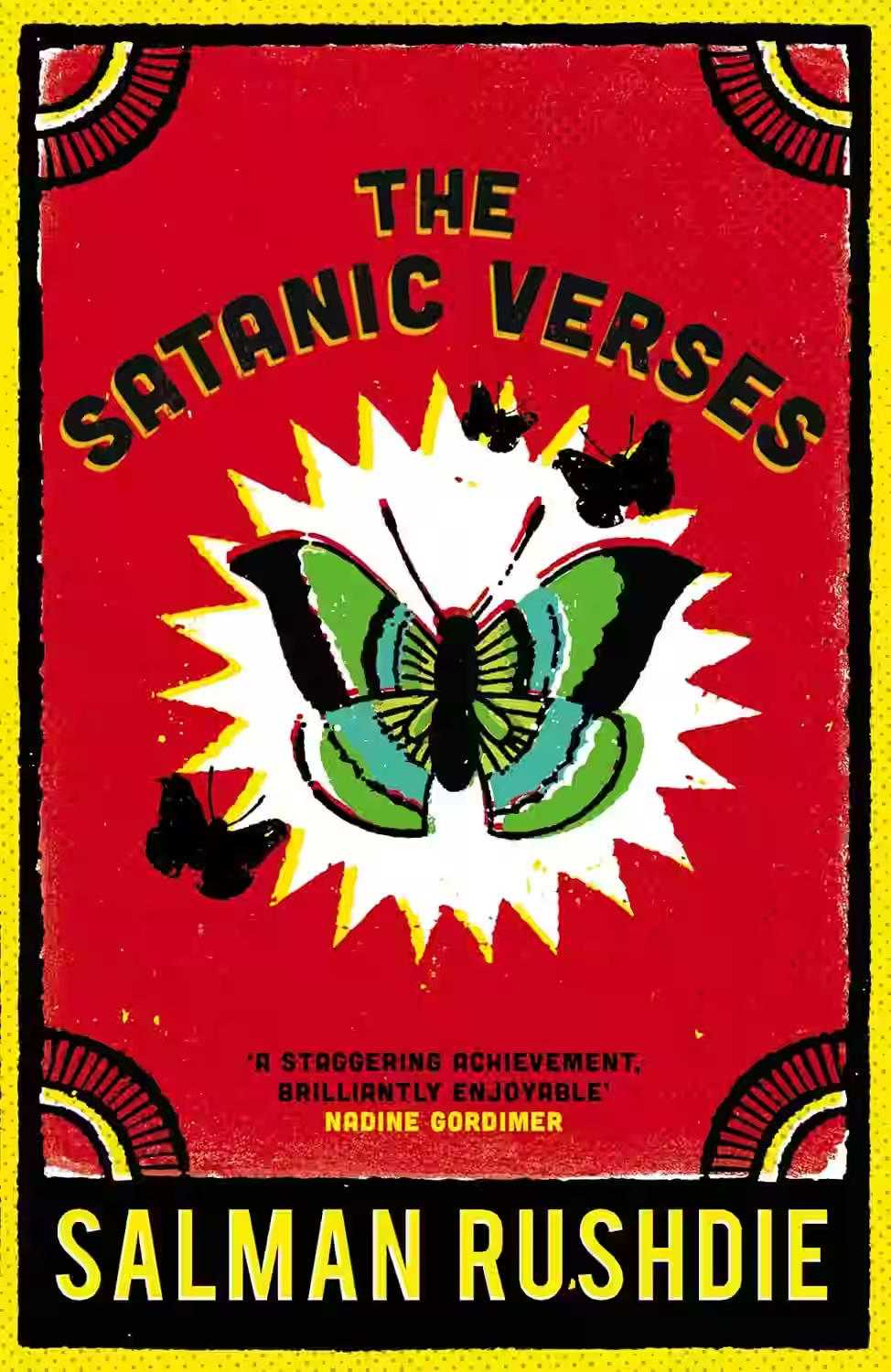
The Satanic Verses
Salman Rushdie’s The Satanic Verses is a complex, controversial novel blending magical realism with political and religious commentary. The story follows two Indian actors who survive a terrorist attack and undergo surreal transformations—one angelic, the other demonic. Through dream sequences and allegories, the novel explores themes of identity, migration, faith, and blasphemy. Loosely inspired by Islamic history and mythology, it sparked global debates on freedom of expression and religious sensitivity. Rich in symbolism and linguistic play, it remains a provocative and significant literary work.
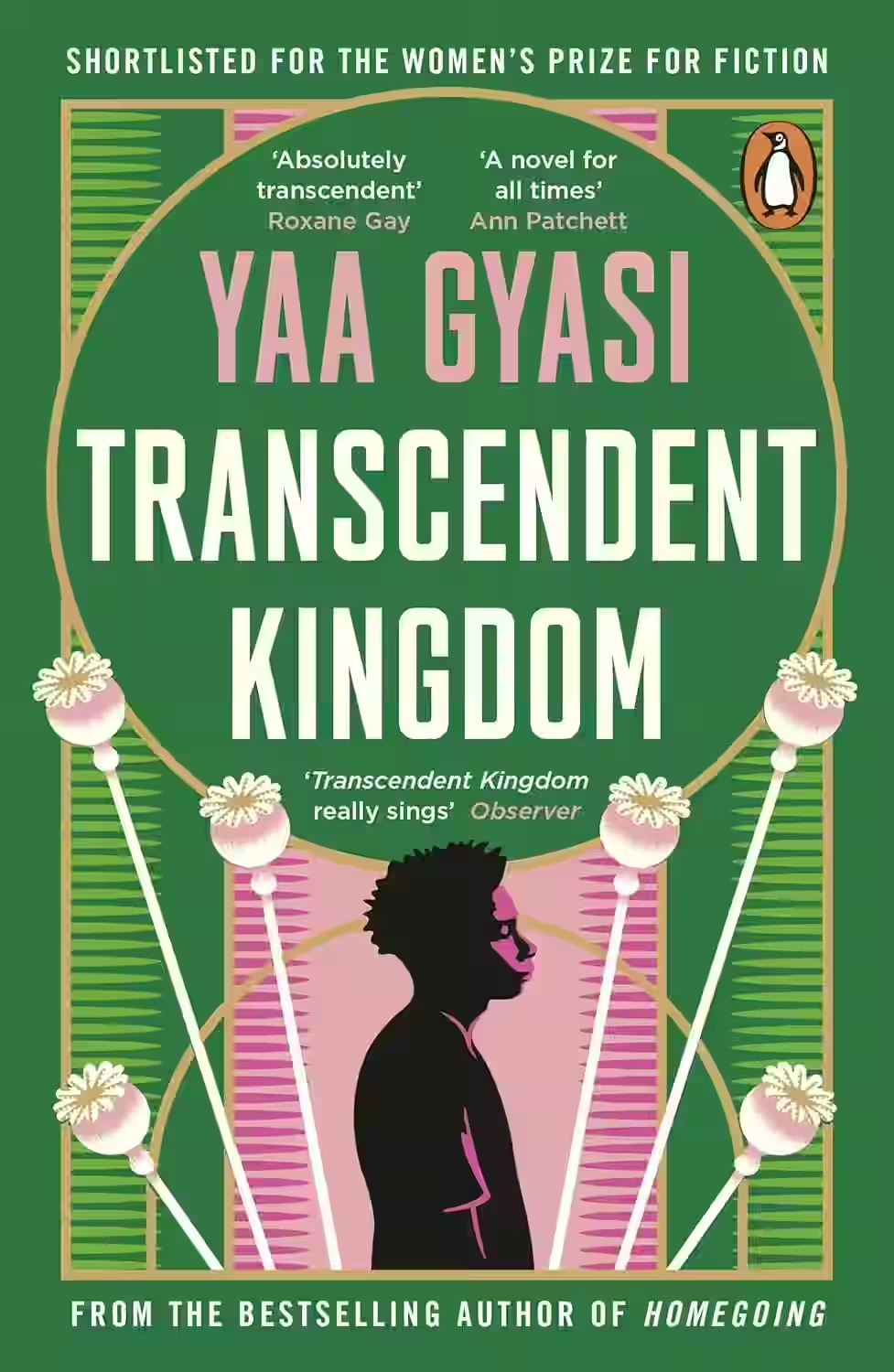
Transcendent Kingdom
by Yaa Gyasi
Yaa Gyasi’s Transcendent Kingdom follows Gifty, a Ghanaian-American neuroscientist grappling with her family's suffering and her own search for meaning. As she researches addiction and depression, she reflects on her brother’s opioid overdose, her mother’s depression, and her evangelical Christian upbringing. The novel explores the intersection of science, faith, grief, and the immigrant experience. With intimate prose and intellectual depth, Gyasi reveals how trauma and cultural identity shape one’s understanding of the world and the self.
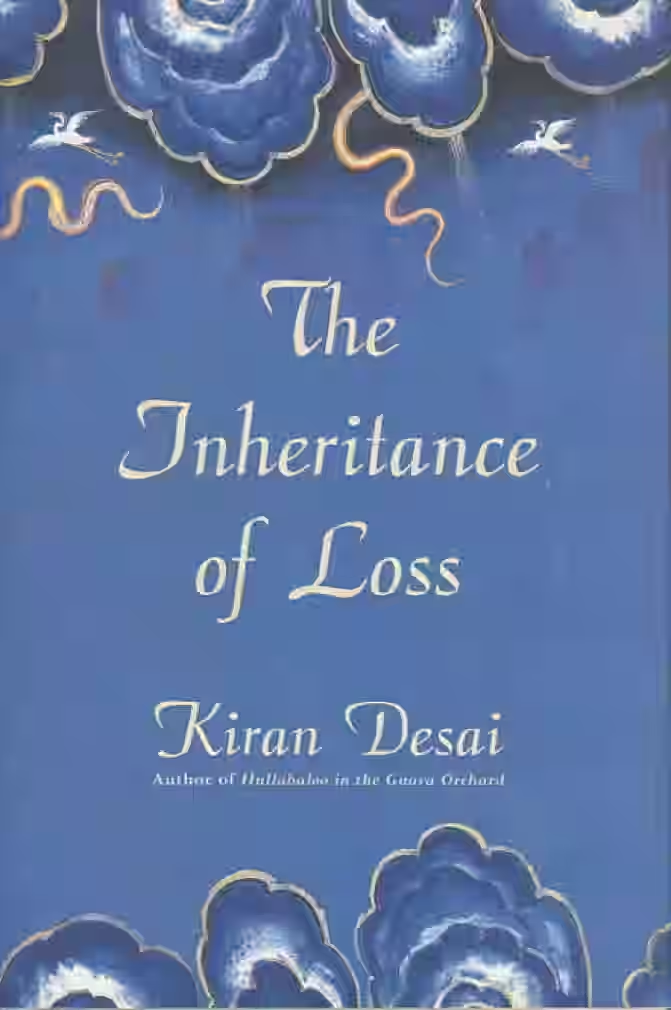
The Inheritance of Loss
by Kiran Desai
Set in the Himalayas during a time of political unrest, this Booker Prize winner follows a retired judge, his orphaned granddaughter, and their cook as they navigate personal and societal change. Interwoven with the cook’s son’s immigrant struggles in the U.S., The Inheritance of Loss examines colonial legacy, cultural dislocation, and fractured identities with lyrical poignancy.